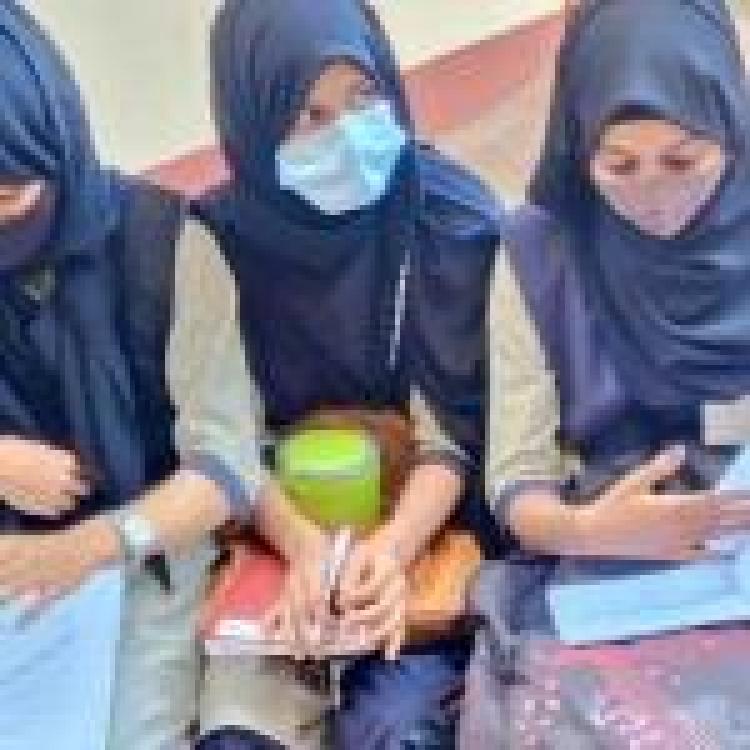
13 Muslim candidates who sat for the Education Administration Service (principals’ service) whose exam results were withheld due to their wearing of hijabs during the examination have sought redress by the Human Rights Commission of Sri Lanka over the discriminatory treatment.
According to local reports, one candidate M.Z.H. Fawzana, said the group sat for the examination in August 2023, seeking promotion from Grade II to Grade I in the Principal service. The exam was held at Kotahena Maha Vidyalaya, and the group did not face any issues on the first day of the examination, which lasted for six hours.
However, on the second day, after completing one examination paper, she claimed officials from the Department of Examinations took photographs of their NIC and index numbers. Fawzana noted that they had already proved their identification to the invigilators before the exam. “Later in December, we were summoned to the Department of Examinations for an inquiry as we had been wearing head coverings during the exam. However, they assured us this would not affect our examination results,” she said. Nevertheless, when results were released in June 2024, she said the group discovered that their results had been canceled.
Fawzana said such instances of harassment and mistreatment of Muslim women have become commonplace. “Our request is to rectify the injustice. This is a religious attire. We confirmed our identities at the examination. We request our results to be released and to prevent such occurrences from taking place going forward,” she said.
Counsels appearing for the group said the Department of Examination is accusing the women of refusing to confirm their identification by uncovering their ears when requested by the invigilators. The counsels said however no such occurrence had taken place.
SJB Parliamentarian Mujibur Rahman also demanded justice for those candidates in parliament recently, where he condemned the move and placed the blame on the Examinations Department. He criticized the department for allegedly failing to inform the candidates about the incompatibility of wearing hijabs during the exam, leading to the subsequent blocking of their results.
A report on religious freedom by the United Nations Human Rights Office of the High Commissioner Special Rapporteur said that there has been a rise in intolerance towards those who observe religious dress codes in Sri Lanka, especially among Muslim women in public institutions such as hospitals, schools and public transport.
“Some people stop Muslim women and girls simply with hijab or abaya from entering some hospitals or exam halls or make verbal insults at workplaces,” the report noted. “I also received reports that alleged violations of the ban on the face-veil were sometimes met with harsh reaction, including imprisonment, which is a draconian measure.”
The Human Rights Watch stated in its recent release that "while authorities must ensure the integrity of exams, measures should not discriminate against students based on religion or gender. Rigorous searches of all candidates entering the exam room are already in effect in Sri Lanka."

